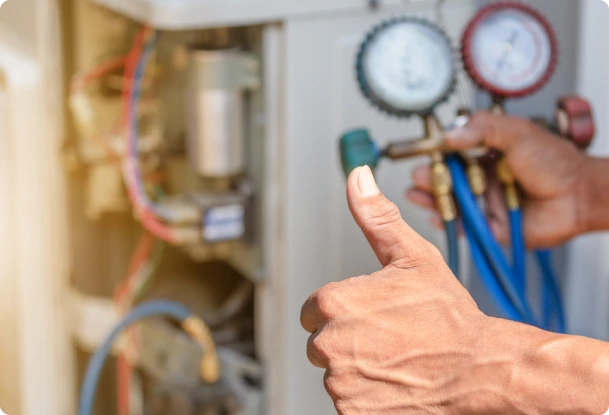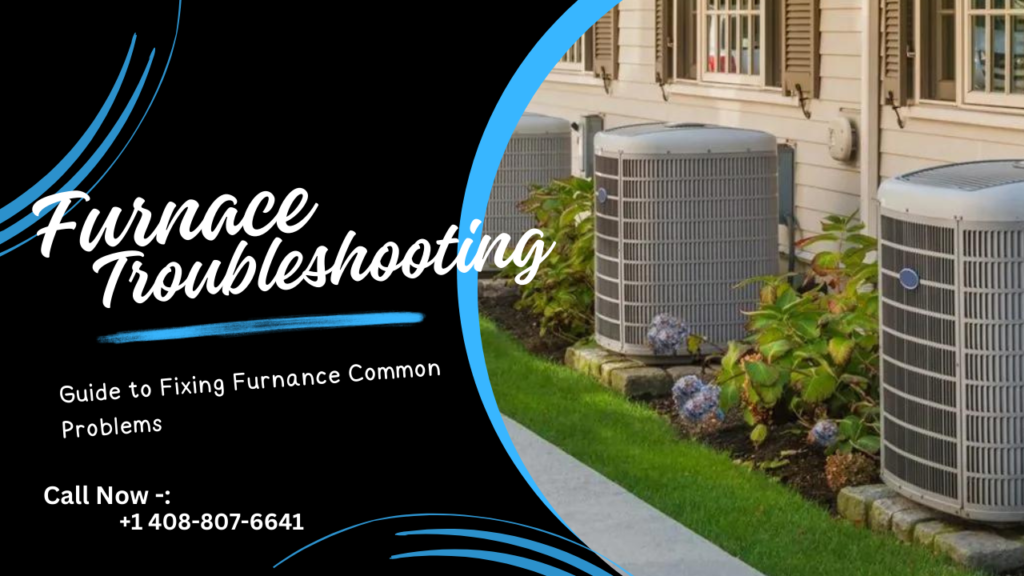
Choosing the right furnace for your home is a significant decision that can impact your comfort, energy efficiency, and long-term savings. With the wide array of options available, it’s essential to make an informed choice.
Understanding You’re Heating Needs
Energy-Efficient Furnace Options
Delve into the world of energy efficiency. Discover furnace options that not only keep you warm but also contribute to a greener and more sustainable home environment.
Choosing the Right Size Matters
Size matters when it comes to furnaces. Navigate the nuances of selecting the right-sized furnace for optimal heating performance and efficiency.


Choosing the Right Type of Furnace
There are several types of furnaces to choose from, each with its own advantages and disadvantages. Let’s explore the most common options:
Gas Furnaces
Gas furnaces are known for their quick and efficient heating. They are cost-effective and popular among homeowners. However, they require a natural gas connection, which may not be available in all areas.
Electric Furnaces
Electric furnaces are easy to install and maintain. They are suitable for homes without a gas connection. However, they tend to have higher operational costs, especially in areas with expensive electricity rates.
Oil Furnaces
Oil furnaces are robust and can provide consistent heat. They are an excellent choice for homes in colder climates. However, they require an oil supply, and oil prices can be volatile.
Propane Furnaces
Propane furnaces offer efficiency and performance similar to gas furnaces. They are practical for rural areas without access to natural gas. Keep in mind that propane prices can fluctuate.
Furnace Features and Efficiency
To make the most of your investment, pay attention to the features and efficiency of the furnace you choose:
Variable-Speed Blowers
Furnaces equipped with variable-speed blowers can adjust their output to match your home’s heating requirements. This results in consistent and efficient heating.
Zoning
Zoning systems allow you to control the temperature in different areas of your home independently. This can help save energy and increase overall comfort.
Programmable Thermostats
Investing in a programmable thermostat allows you to set heating schedules based on your daily routines. This can significantly reduce energy consumption and costs.
Air Quality Enhancements
Consider furnaces with built-in air quality features such as air purifiers and humidifiers. These additions can improve your home’s indoor air quality, making your living space more comfortable.
Installation and Maintenance
Proper installation and regular maintenance are key to ensuring your furnace operates efficiently. It’s essential to hire a professional HVAC technician to install your furnace correctly. Additionally, scheduling regular maintenance will extend your furnace’s lifespan and prevent costly repairs.
Budget Considerations
The cost of a new furnace can vary significantly based on factors such as type, size, and additional features. Setting a budget and exploring options within that range is crucial. While it’s tempting to choose the most affordable option, remember that investing in an energy-efficient furnace can result in long-term savings on your energy bills.
Regular Maintenance for Optimal Performance
Maintenance is key to furnace longevity. Delve into the importance of regular upkeep and how it contributes to the optimal performance of your heating system.
Upgrading to High-Efficiency Furnaces
Explore the benefits of upgrading to high-efficiency furnaces. From cost savings to reduced environmental impact, discover why it’s a wise investment in home comfort.
Conclusion
In conclusion, selecting the right furnace for your home is a significant decision that requires careful consideration. Your home’s size, layout, climate, and budget all play vital roles in your choice. The type of furnace you choose and its features also impact your comfort and energy efficiency. By making an informed decision, you can ensure a warm and cozy home during the winter months.
FAQs: (Your Winter AC Questions Answered)
To determine the right furnace size, consider your home's square footage, layout, and climate. It's best to consult with a professional HVAC technician for an accurate assessment.
Gas furnaces are generally more cost-effective in terms of operating costs, but the availability of a gas connection in your area is a crucial factor.
To improve energy efficiency, invest in a furnace with a high AFUE rating, schedule regular maintenance, and use a programmable thermostat.
Yes, oil furnaces are a good choice for extremely cold climates as they provide consistent and reliable heating.



